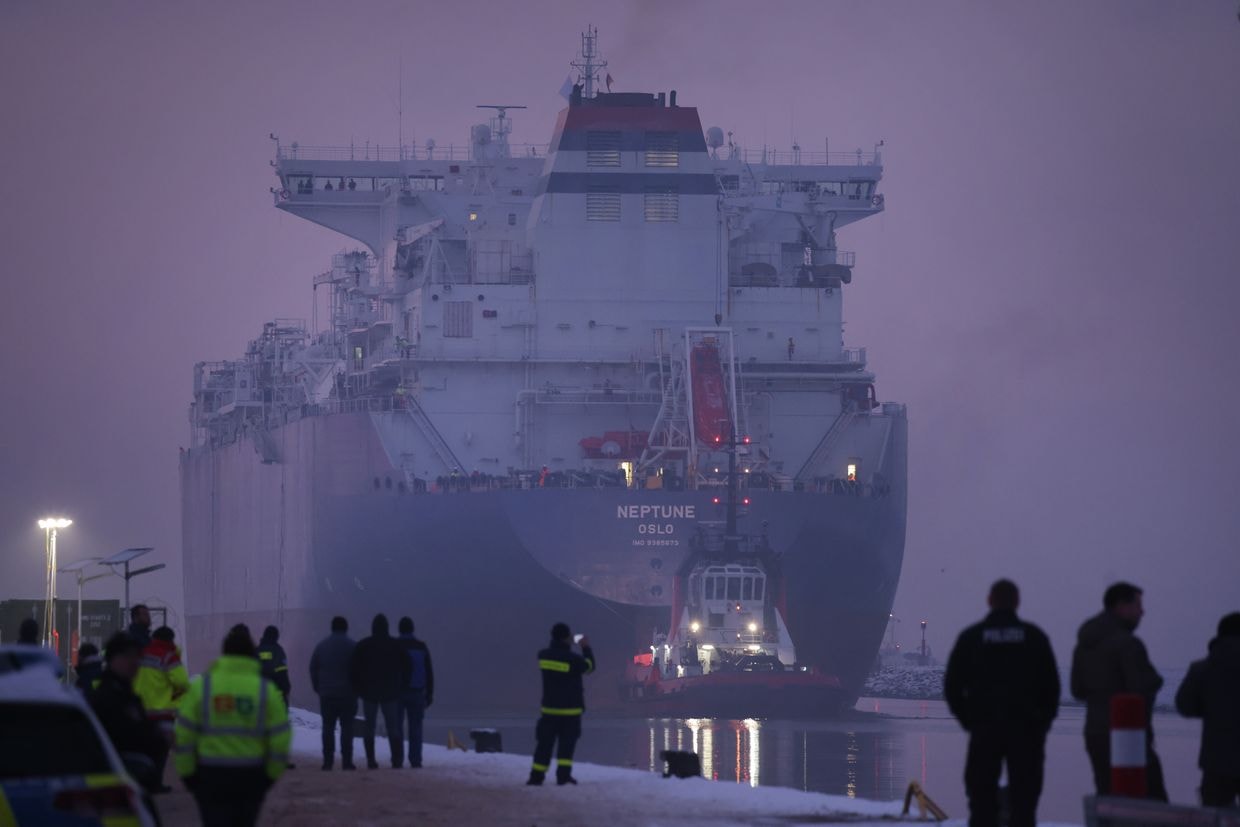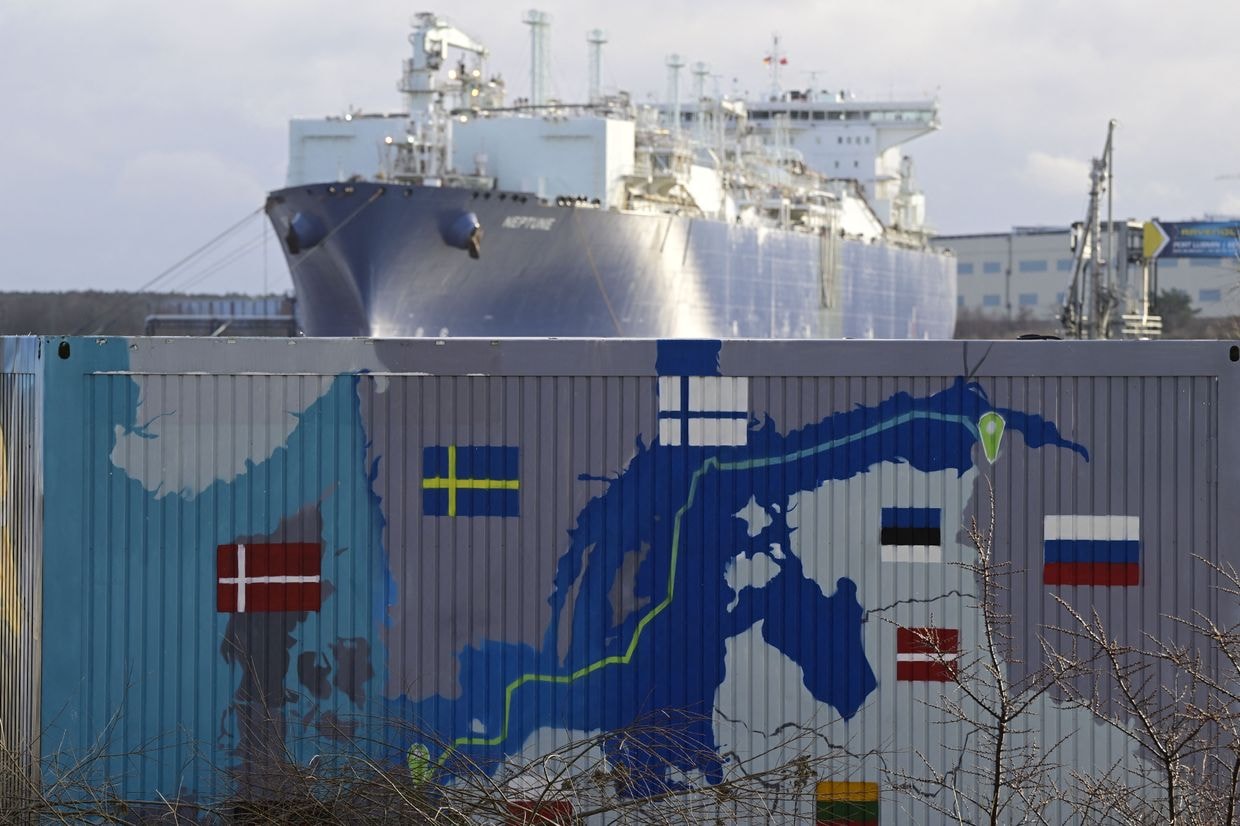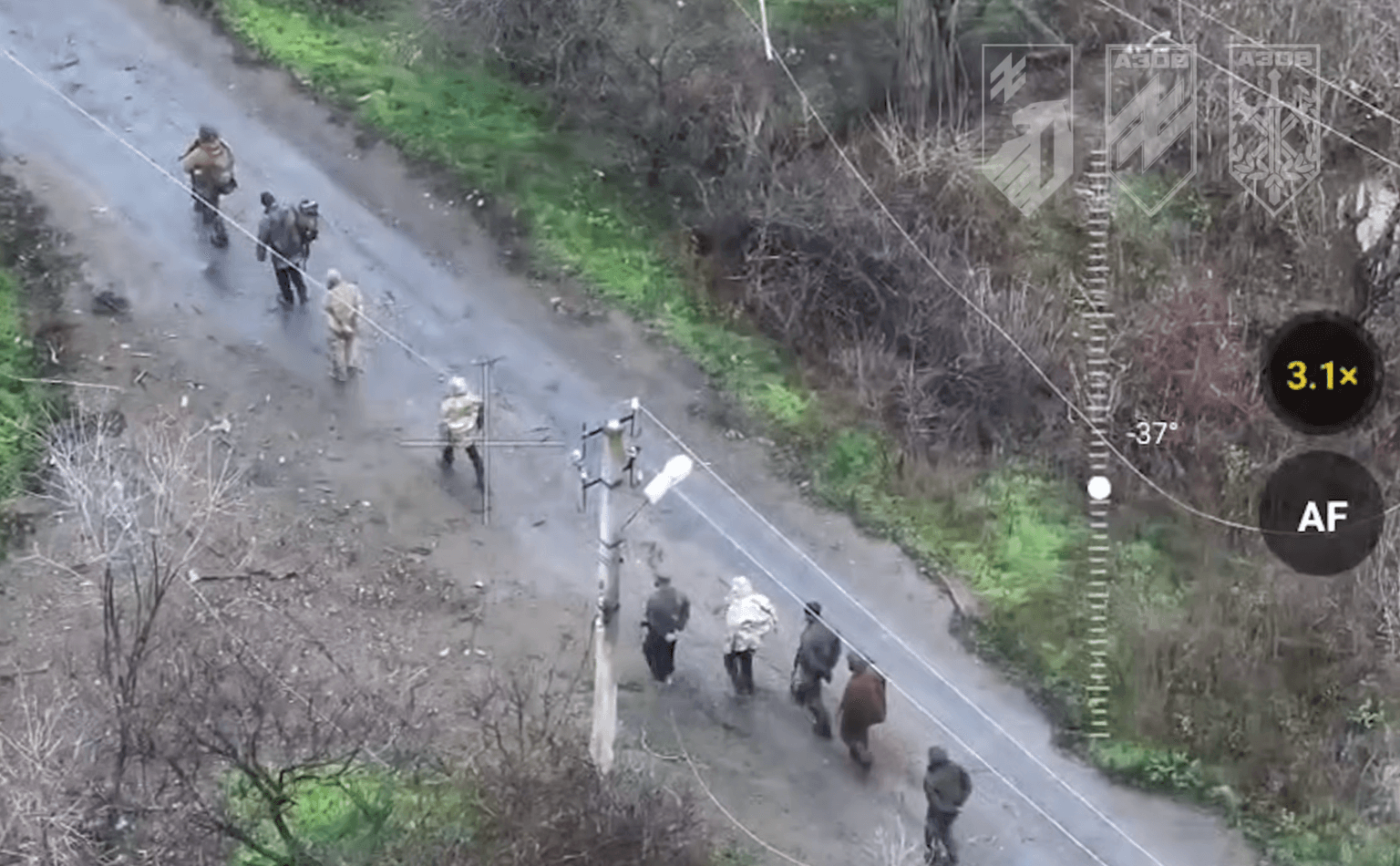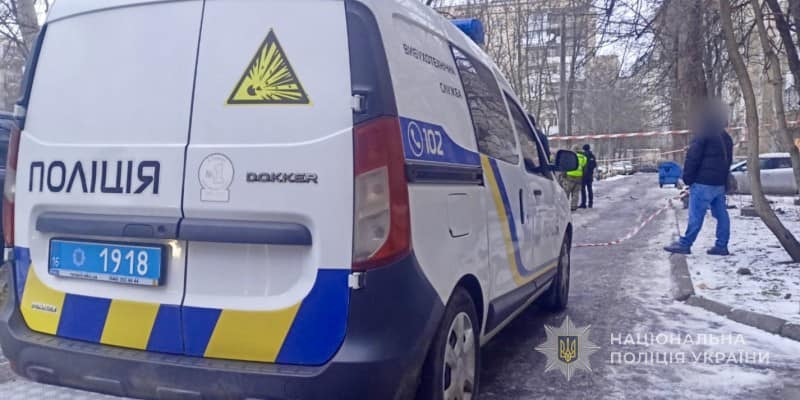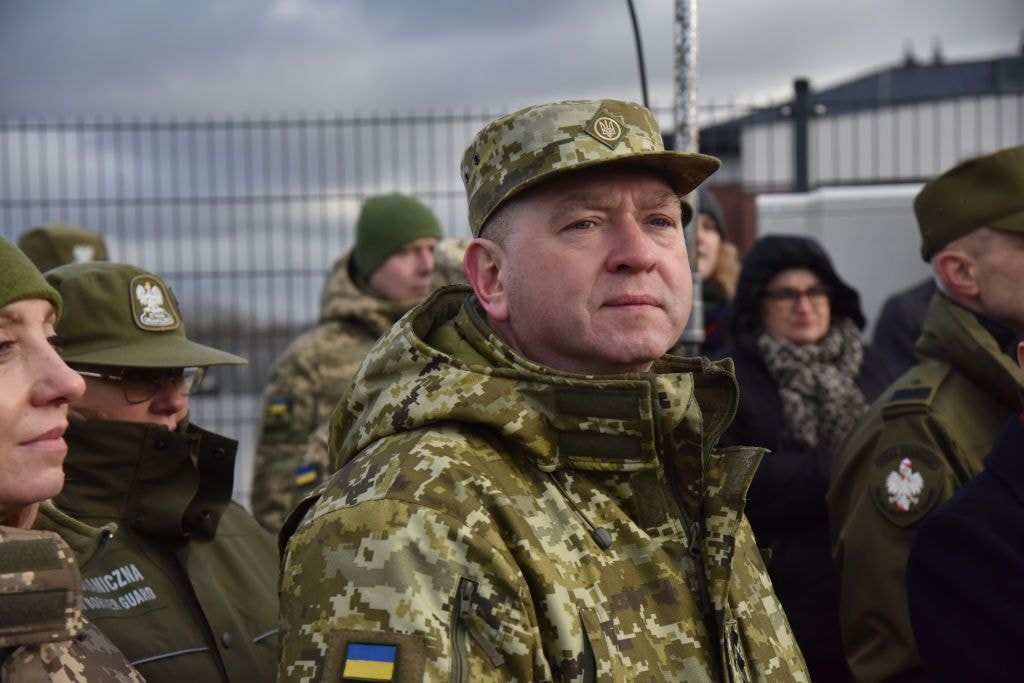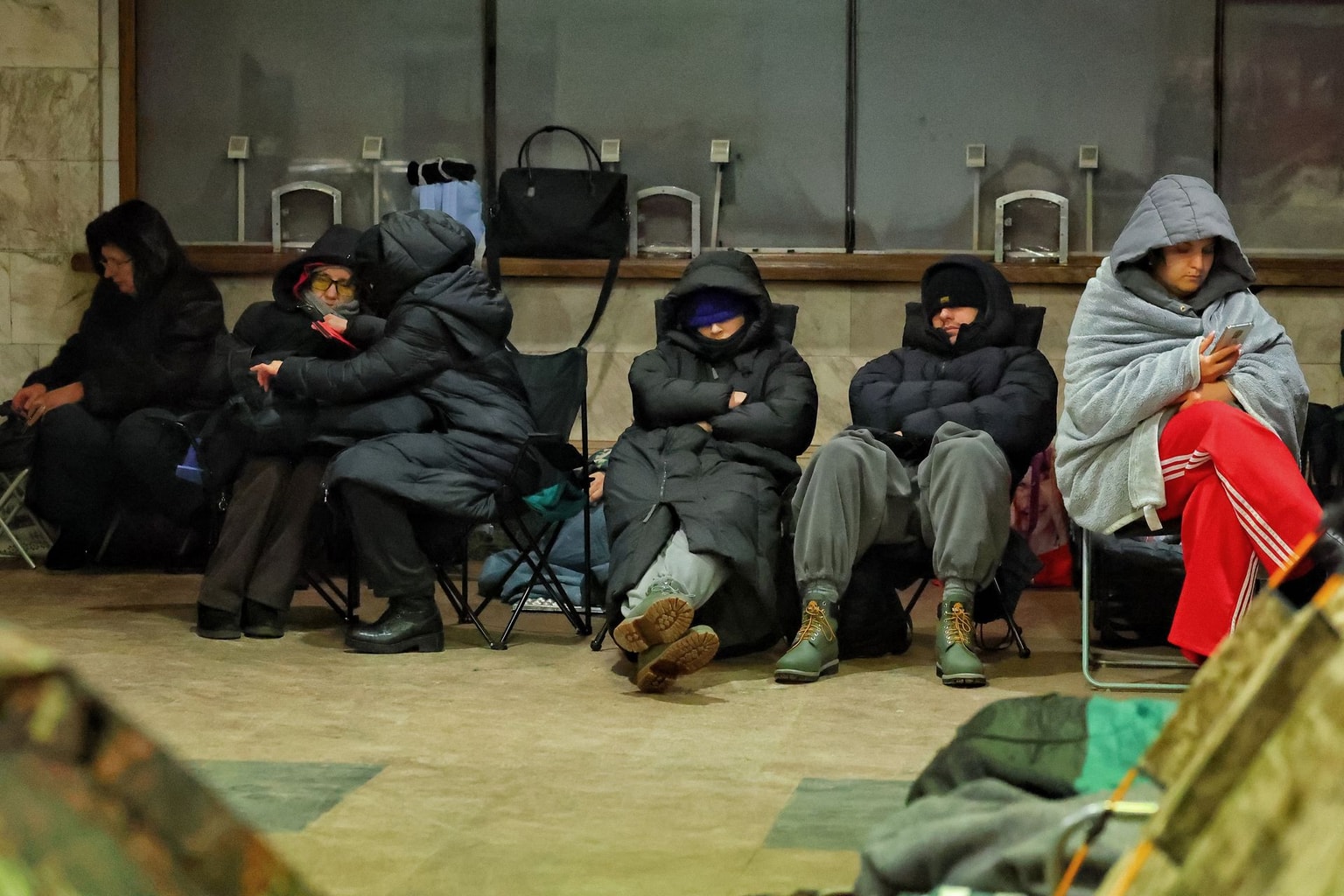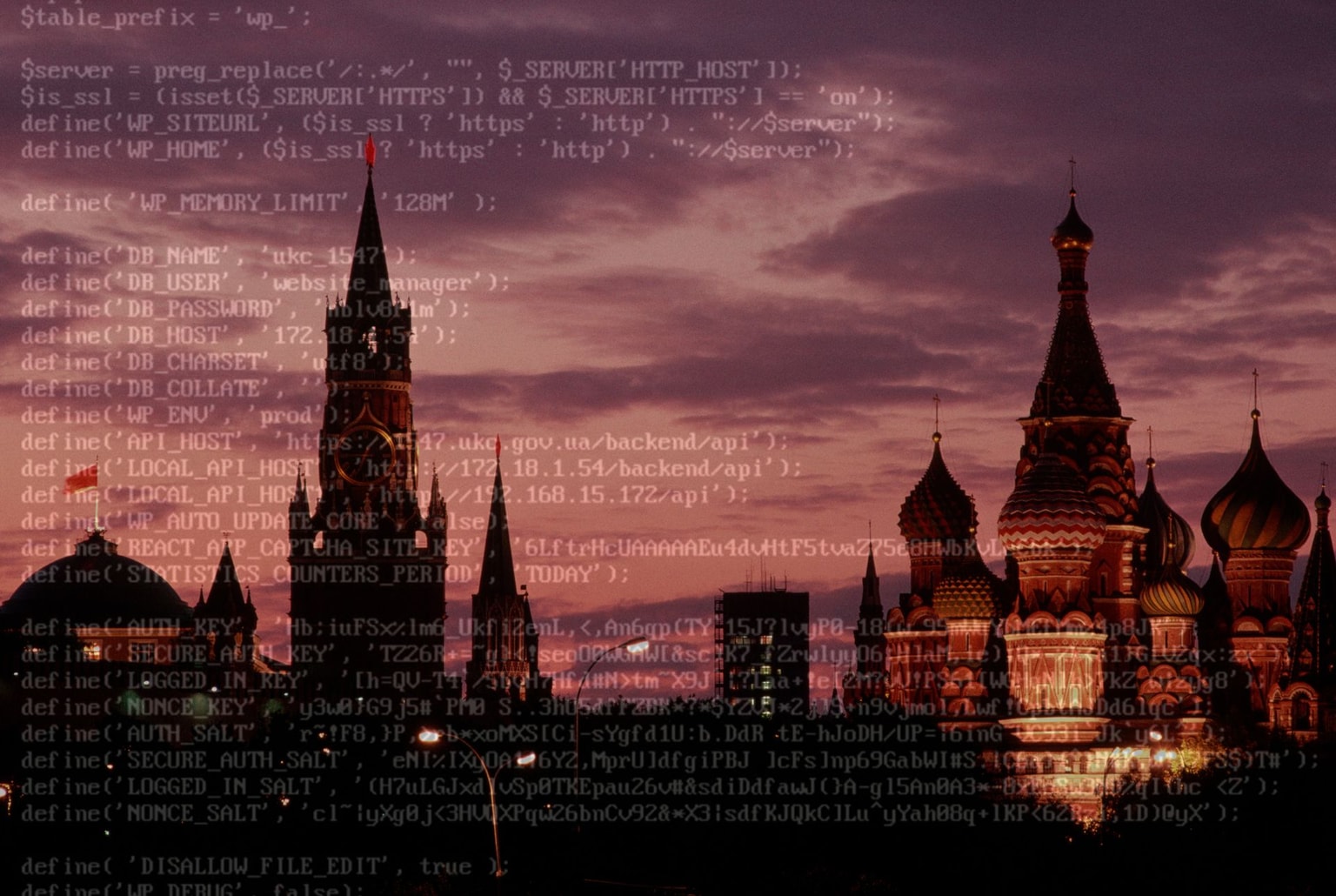
Russian gas

News Feed
General Staff: Russia has lost 1,246,330 troops in Ukraine since Feb. 24, 2022
The number includes 1,040 casualties that Russian forces suffered over the past day.

Pro-Ukrainian partisans disable military communication infrastructure in Russia's Belgorod Oblast, group claims
"An agent of our movement set fire to a hardware module at the base of a communication tower. As a result of the destruction of the ground equipment, all the infrastructure installed on the mast was completely de-energized and put out of action," the Atesh partisan group announced.

Ukraine's Neptune missiles strike energy facilities in Russia's Bryansk Oblast, governor claims
"The Armed Forces of Ukraine attacked our region using long-range Neptune missiles and HIMARS multiple rocket launcher systems," Bryansk Oblast Governor Alexander Bogomaz claimed. "As a result of the attack, power supply was disrupted in seven municipalities."
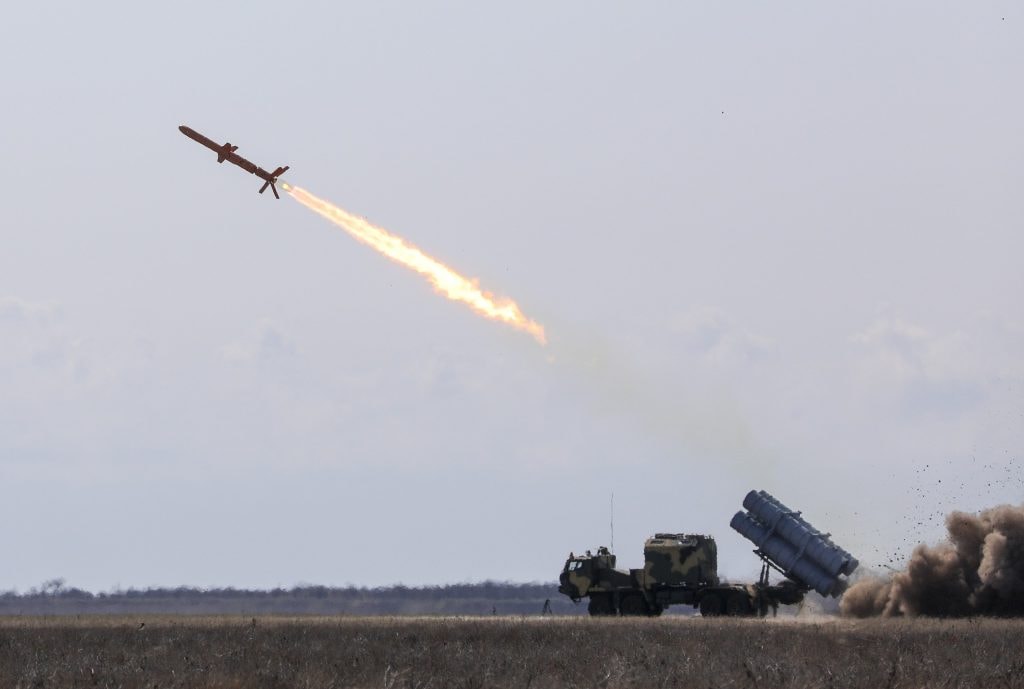
Russia's Belgorod Oblast faces blackouts, heating shortages for 3rd time this week
Blackouts and heating outages were reported in the Russian city of Belgorod on Feb. 7 after alleged attacks on a local thermal power plant and electrical substation.

Russia causes 'significant damage' to thermal plants, nuclear facilities in mass attack on Ukraine power grid
"This is a level of attack that no terrorist in the world has ever dared," President Volodymyr Zelensky said the following evening.

Ukraine's state postal service under fire for ads that appear to sexualize minors
The controversy erupted after promotional photos appeared on social media showing models styled as schoolgirls in a classroom setting, wearing outfits widely perceived as sexualized versions of high school uniforms.
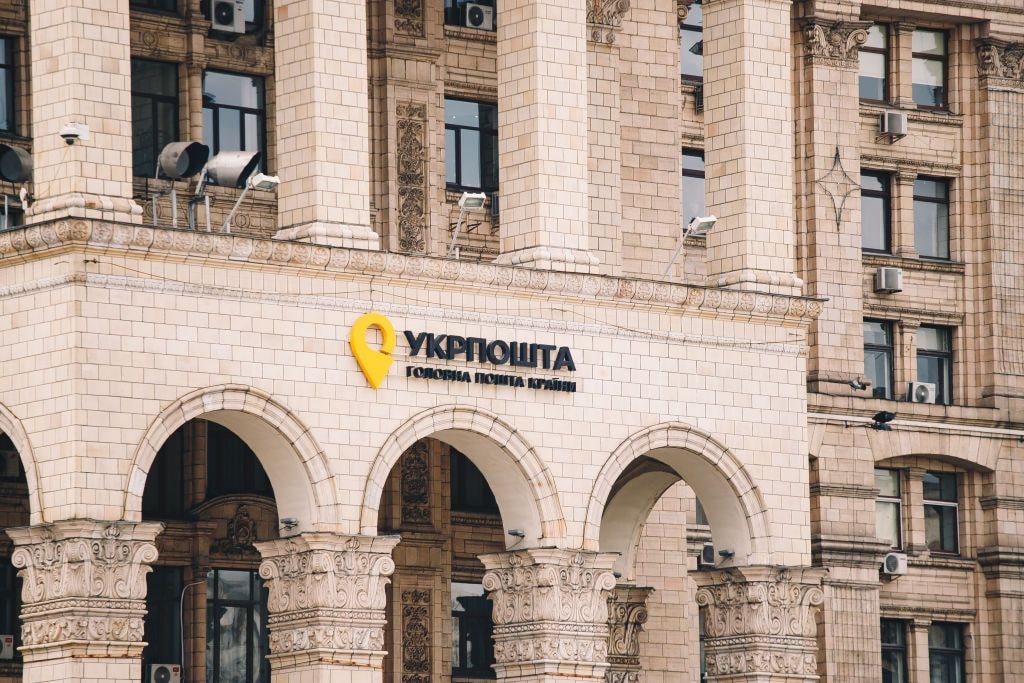
Most Popular
One of the most talked-about moments at the Olympics came from Ukrainian skeleton racer Vladyslav Heraskevych. After his race in Beijing in 2022, just days before Russia launched its full-scale invasion, he held up a sign reading "No war in Ukraine." But his appeal went largely unheard. Four years later, Heraskevych is preparing to represent Ukraine at the Olympic Games again — at a time when the war continues to escalate, while restrictions on athletes from Russia and Belarus are gradually be
